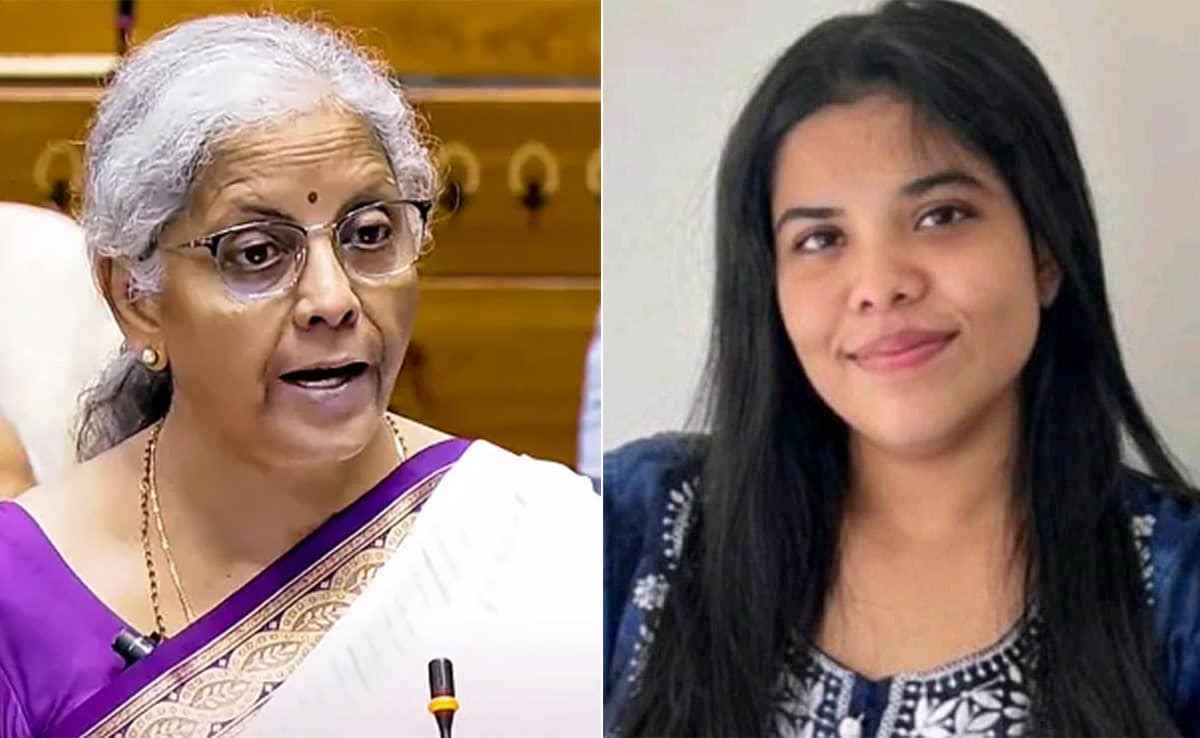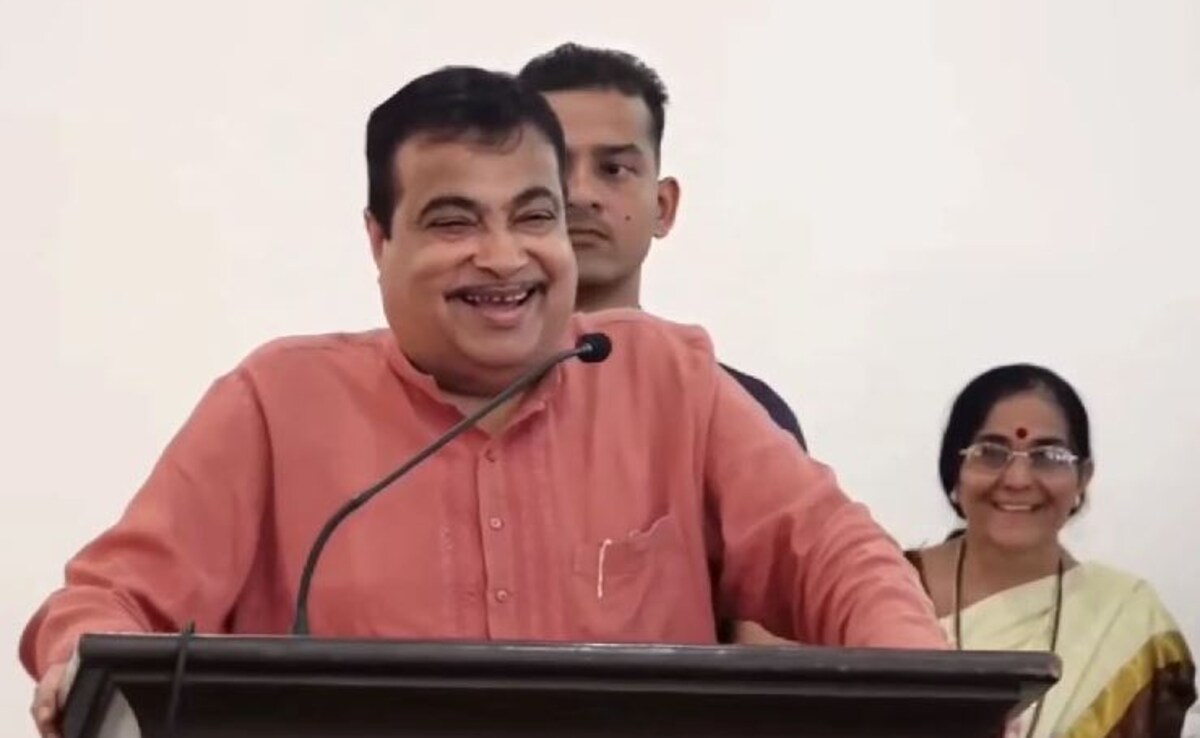Devendra Fadnavis And The 'TINA' Factor In Maharashtra

As the Maharashtra assembly elections draw near, the political climate in the state is intensifying. Uddhav Thackeray has been pushing the Maha Vikas Aghadi (MVA) to declare their Chief Ministerial candidate while going all out to woo Muslim votes - a radical shift from the ideology of Balasaheb Thackeray. The ruling Mahayuti alliance, on the other hand, is coping with its own seat-sharing challenges while expediting the execution of welfare schemes.
Amid this political whirlwind, Devendra Fadnavis remains indefatigable, whether he is overseeing the execution of the Ladli Behan Yojana or firefighting alliance challenges, whether it's addressing criticism from Jarange Patil or battling the controversy surrounding the tragic collapse of the Chhatrapati Shivaji statue in Sindhudurg. Fadnavis consistently remains in fightback mode.
Despite being constantly in the news, Fadnavis's stature goes beyond the controversies. He stands tall as the most credible state leader ahead of the elections. So, what makes him and Mahayuti the "There Is No Alternative" (TINA) factor for the upcoming elections?
A Policy-Driven Development Model
Fadnavis's success as a leader is rooted in his ability to drive a policy-led development model. Maharashtra, historically recognised as a progressive and entrepreneurial state, experienced economic stagnation in the early 2000s, with delayed infrastructure projects and a decline in investment. This period affected agriculture, employment, and overall quality of life in both urban and rural areas.
However, Fadnavis's tenure as Chief Minister beginning in 2014 marked a turning point. With strong backing from Prime Minister Narendra Modi, Fadnavis reignited Maharashtra's infrastructure development, attracting entrepreneurs and large-scale projects that revitalised the economy. His efforts positioned the state as a key economic player once again, but what made his leadership distinctive was his attention to rural development, not just urban-centric growth.
Transforming Rural Maharashtra
Fadnavis's approach ensured that rural Maharashtra, often neglected, became a focal point of development. One of his standout achievements is the 'Jalyukta Shivar' scheme, which aimed to tackle water scarcity by creating farm ponds on demand. This project has benefited over 100,000 farmers and conserved millions of litres of water. The scheme has been so successful that other states are now looking to replicate it.
In addition to water conservation, Fadnavis pushed forward major infrastructure projects in rural areas. The completion of 21 irrigation projects in Vidarbha and the ?34,000 crore Water Grid project in Marathwada are set to solve long-standing water issues, helping farmers and improving agriculture in these regions.
Industrial Development and Employment
Fadnavis didn't stop at water and agriculture; his focus also included generating employment in underdeveloped regions. The groundbreaking ceremony for the Surajagad Steel Plant in Gadchiroli was a pivotal moment for the state's tribal population, promising economic opportunities and upliftment. Similarly, the Rail Coach Plant in Marathwada aims to create jobs and strengthen the local economy.
Infrastructure That Drives Progress
Perhaps Fadnavis's most iconic achievement is the Samruddhi Highway, a massive infrastructure project connecting Vidarbha, Marathwada, and Mumbai. This highway is poised to transform the agricultural economy by providing better access to markets for farmers and creating a seamless trade network across the state. While there was opposition from some farmers, Fadnavis ensured appropriate compensation for those affected, and his creation of a dedicated "war room" to monitor the project's progress was an innovative solution to ensure timely completion.
Urban infrastructure also received a significant boost under Fadnavis's leadership. The development of metro networks in Pune, Nagpur, and Mumbai has revolutionised public transport in these cities, easing traffic congestion and improving the quality of life for millions. Projects like the Thane-Borivali underground route, which will cut travel time to just 20 minutes, and the Coastal Road project from Worli to Nariman Point further showcase his vision for modern, efficient urban transport.
Strengthening Law and Order
Under Fadnavis's leadership, Maharashtra's police force was transformed into a modern, tech-enabled entity. His forward-thinking use of technology and innovative policing methods has set a new standard for law enforcement in the state, further contributing to his legacy as a leader focused on long-term progress.
The TINA Factor
What sets Devendra apart is his ability to implement transformative policies that yield tangible results. His leadership has revitalised both rural and urban Maharashtra, creating a legacy of sustainable development, job creation, and infrastructure that connects the entire state. Even his fiercest critics acknowledge his ability to deliver on promises, making him the undisputed leader in Maharashtra politics today.
As Maharashtra heads into the 2024 elections, the question is not just who will win, but whether there is anyone who can match Fadnavis's policy-driven success. Given his track record and popularity, it is clear why Fadnavis has become the TINA factor-there truly is no alternative.
(The author is a national spokesperson for the BJP)
Disclaimer: These are the personal opinions of the author

























